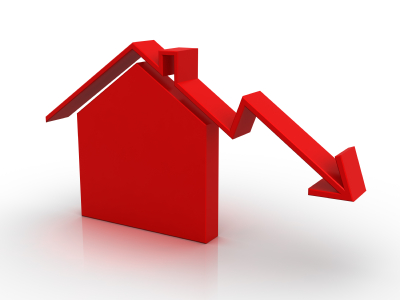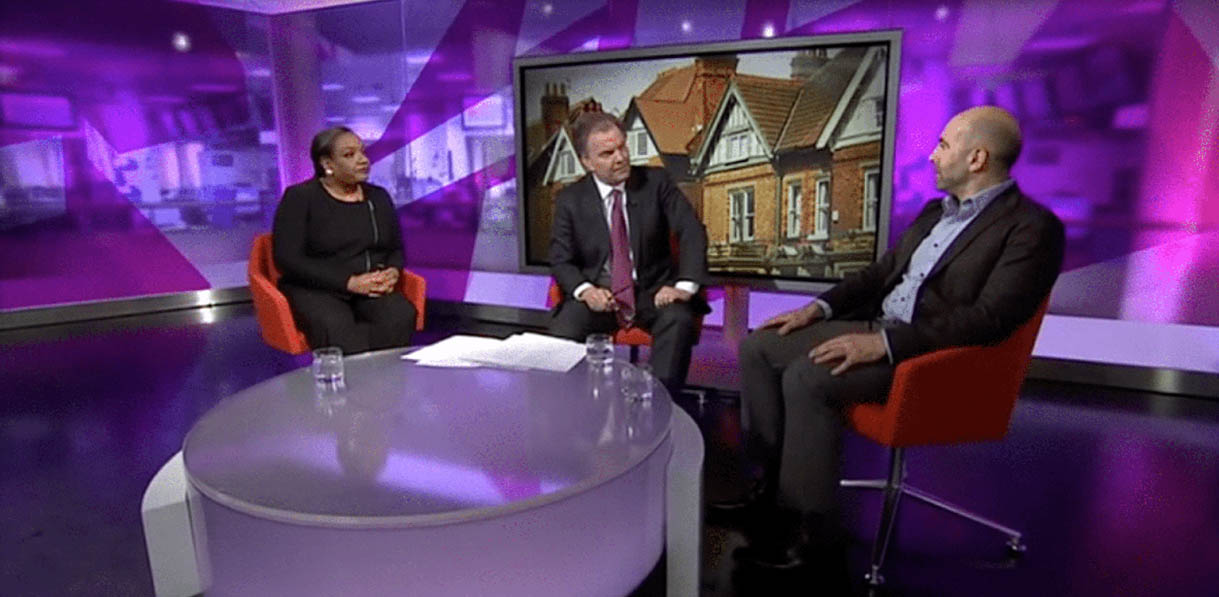 New Year is traditionally the time for reflecting on house price changes and making predictions for the coming year. 2012 has been a healthy year for Greater London with houses prices up 7%, according to the Land Registry, compared to 1.1% across the UK overall. Hometrack says that prices have risen in 70% of London postcodes and now stand on average 10% higher than in 2007. This level of house price inflation in London is modest and sustainable and is certainly helpful for those of us developing our property businesses, ensuring assets retain real value and enabling sensible refinancing. Of course one of the reasons we get gains in London, as opposed to other regions, is the all important prime central effect. High net worth individuals from the UK and abroad, usually less affected by the recession, buy central London properties. This has a ripple effect on prices across London and can play an important role in generating market confidence and reviving house sales nationally.
New Year is traditionally the time for reflecting on house price changes and making predictions for the coming year. 2012 has been a healthy year for Greater London with houses prices up 7%, according to the Land Registry, compared to 1.1% across the UK overall. Hometrack says that prices have risen in 70% of London postcodes and now stand on average 10% higher than in 2007. This level of house price inflation in London is modest and sustainable and is certainly helpful for those of us developing our property businesses, ensuring assets retain real value and enabling sensible refinancing. Of course one of the reasons we get gains in London, as opposed to other regions, is the all important prime central effect. High net worth individuals from the UK and abroad, usually less affected by the recession, buy central London properties. This has a ripple effect on prices across London and can play an important role in generating market confidence and reviving house sales nationally.
I am concerned about the impact of tax changes on residential sales in prime central London and the possible consequences for the rest of London and the UK. Many purchases of properties in this part of London were carried out using a company or ‘corporate envelope’ to save on stamp duty. In April 2012, stamp duty on houses purchased through companies was increased to 15%. Since then, the number of homes bought through a company has fallen by 80%, with agents reporting that many buyers in the capital have been deterred. Where buying a property in Central London was a relatively safe bet, guaranteed to hold its value and likely to result in good capital growth, now high net worth individuals are looking to New York and other global cities with less onerous tax regimes.
The chancellor recently announced a much anticipated measure – that most homes held in corporate envelopes will be subject to an annual charge of £15,000 for a property worth £2-5 million, £35,000 for a property worth £5-10 million, £70,000 for properties worth £10-20 million and £140,000 for properties valued over £20 million. According to research by agents, Strutt and Parker, there are 20,000 properties in central London owned by companies at an average value of £5 million each. Homes of that value purchased outside of a company would be subject to the top rate of stamp duty – which is 7% – and no annual charge.
The impact on market activity has been very noticeable. Land registry figures show that sales of properties between £2 million and £5 million fell by 29% in the third quarter of 2012. There were 262 transactions compared with 370 in the same period of 2011. 77% of these properties are in London. If you drill down deeper into these figures and exclude Westminster and Chelsea which are dominated by overseas purchasers, there has been a 53% drop in sales of homes between £2 million and £5 million across the other London boroughs. This shows that a significant number of domestic buyers are also stepping out of the market.
According to Savills, prime central London prices rose by 14% in 2011 but they expect this to fall to 4% for 2012 and 0% in 2013. What this means is a serious slowdown in the market in prime central London.
Many people view the purchase of residential property through a company as an exercise in tax avoidance. But Stamp Duty is grossly unfair as it rises from 1% for purchases under £250,000 to 7% for purchases over £1 million, adversely penalising people purchasing higher value properties. At 7% the stamp duty on a property worth £2 million is £140,000 – that’s a lot of tax. I am concerned that this policy has a negative effect on the housing market – ultimately reducing overall income to the government from tax and slowing down the UK’s recovery. Forecasts for 2013 expect house prices to rise by about 2% in London overall and be flat in other regions. The UK housing market has not experienced the kind of freefall we have seen in Ireland and Spain, arguably because of the support provided by domestic and international buyers in central London. I will be watching the situation this year with some concern as a slowdown in the prime central area will surely impact on other parts of the city.








